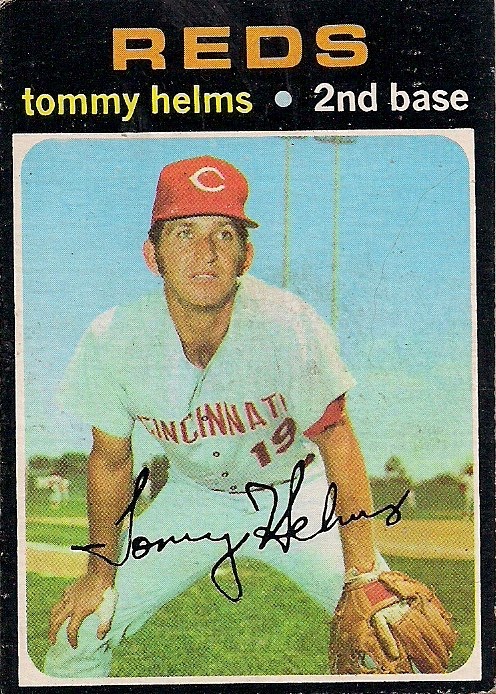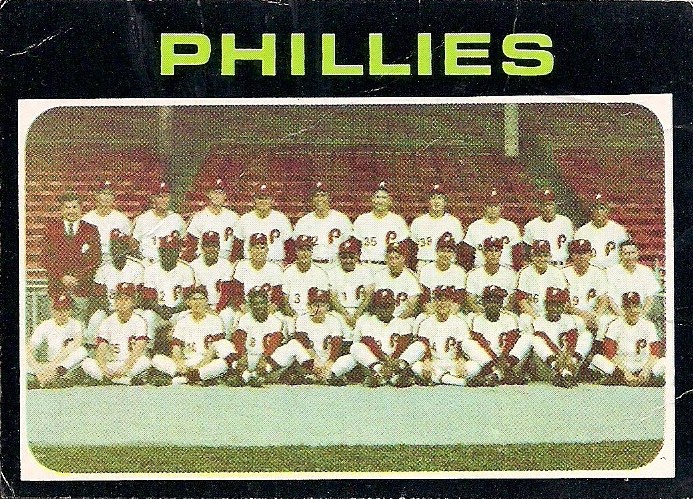Who is the man: Gary Waslewski was acquired by the Yankees from the Expos in May of 1970 and appeared in 26 games for New York, mostly in relief.
Can ya dig it: This card is off-center left to right and the image of Waslewski is also skewed to the right. It makes the whole card look off balance.
Right on: I can tell just looking at the picture that Waslewski is a lanky man. And looking at the stats, I'm right: 6-foot-4, 195 pounds.
You see this cat Waslewski is a bad mother: Waslewski was the surprise Game 6 starter for the Red Sox in the 1967 World Series. Waslewski was a rookie that year and hadn't started a game since July. But he held St. Louis in check and the Red Sox would go on to win that game, 8-4.
Shut your mouth: Waslewski played for a lot of memorable teams, including the Impossible Dream Red Sox, the first Montreal Expos team, and the Swingin' A's of 1972. Of the A's, Waslewski pointed out Reggie Jackson as "Mr. Mouth, always shooting his mouth off."
No one understands him but his woman: If that woman's name is Dick Williams, that is. Waslewski played for three different teams managed by Williams, the Red Sox, Expos and A's.
(A word about the back): Waslewski reached double figures in victories five times in the minor leagues. He didn't win more than four in a season in the majors.




















